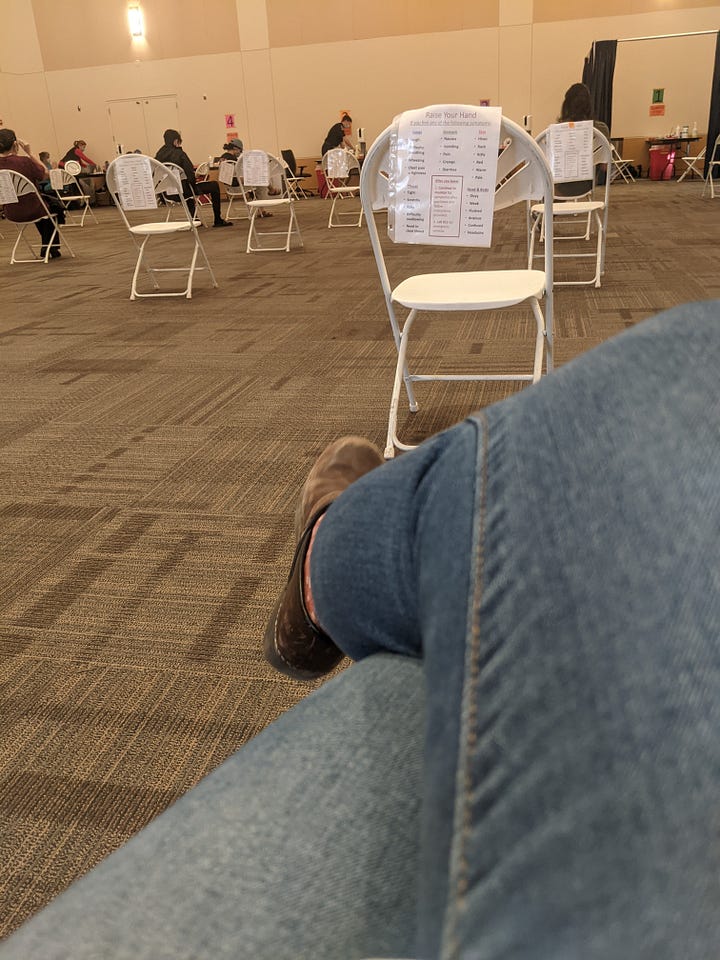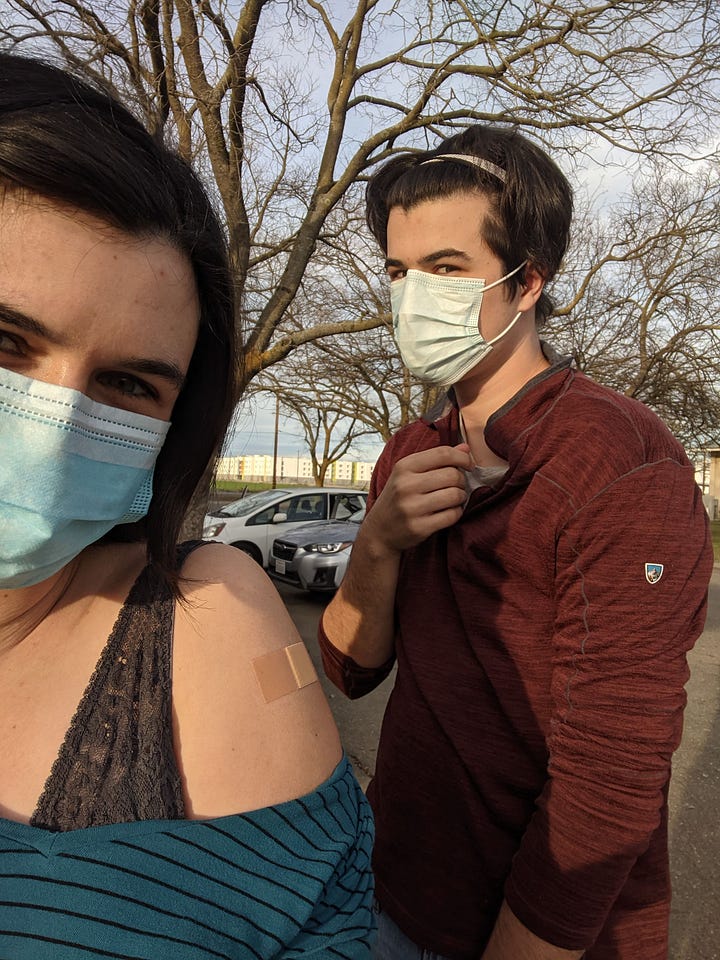Smart financial planning involves leveraging a range of available tools, including all applicable government programs for which you qualify.
Too often, we just think of our finances as the money that flows through our bank account. The money we earn. We don’t often think about all the other benefits we receive or the rules and regulations that benefit us until there’s a change - be it our own lives or the programs themselves.
Whether you are aware of it or not, you are likely eligible for, and may already be using, many government programs. You’ve probably heard about others on the news. It’s worth checking what you can take advantage of, especially if you've experienced significant life changes, such as losing a job, taking one with reduced income, having a baby, moving, or retiring. The opportunity cost of not utilizing these programs can be huge.


As an early user of government programs myself, I am acutely aware of what exists and the limitations of what does. I spent my teenage and early adult years on Medicaid. I got my impacted wisdom teeth removed (eventually, when there was a spot on ‘clinic’ day) and my first IUD thanks to the program. I had a Pell Grant that helped cover the cost of my undergraduate degree. My groceries were covered with my small SNAP allowance during my senior year of college.
When working, employer-sponsored health insurance was/is paid for with tax-free dollars. We explored FHA loans when purchasing our first home and utilized the Section 121 exclusion when we sold it.
Both in short-term and long-term planning, a good planner takes these programs into account. What are your health insurance options given where you are in life? 35.6% of the US population utilizes some form of public healthcare program (Medicaid, Medicare, TRICARE, or VA), and an additional 10.2% of people directly purchase their own health insurance. That means that 23.6 million people used the Affordable Care Act Marketplace to access health insurance this year. What kind of disability coverage do you have, or do you qualify for? What about Social Security? Although not as robust as some other countries, the US has programs that support society by incentivizing and promoting health, education, and housing, among other things. Are the programs a maze of confusing webpages and paperwork? Usually. Do they have a social stigma attached to them? Sometimes. Should that stop you from leveraging them to make the best of your financial situation? Absolutely not.
Many government programs are currently in a state of turmoil. Income-driven repayment plans for student loans have been on again and off again, leaving people unsure of how to plan. There are wide-ranging cuts and changes, especially targeting the programs that benefit lower-income households. People are rightly mad about many of the changes, and the instability of what they once viewed as stable makes the future uncertain.
As with anything uncertain, there are opportunities and risks. Take advantage of the opportunities. Find out what benefits you are eligible for - you might be surprised.
Find government benefits and financial help by category or with a simple tool.
Call 211 or visit thier website for helping finding “the best local resources and services to address any need.”
Apply for those benefits and use them to improve your financial situation.
Protect yourself as much as you can from the risks. I’ve heard of people keeping a “PSLF side fund” (as well as meticulous records) just in case the PSLF (Public Service Loan Forgiveness) program is discontinued.
Things are changing. Keep learning and living your life. Send a note to your government officials. Hope for the best, but prepare for the worst 😬





